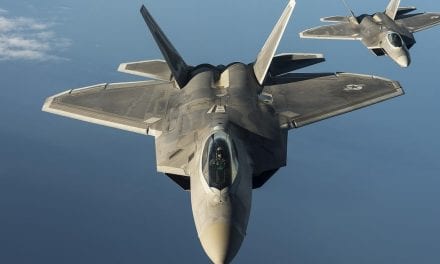President Trump’s decision to move the US Embassy to Jerusalem is seen as ending the US role as mediator between Israelis and Palestinians. Now may be the time for another power to be a third-party facilitator that can bring fresh thinking to both sides.
By Christian Science Monitor’s Editorial Board
One popular tool for peacemaking over the past century has been the use of independent mediators to resolve conflicts. Their work has grown because the costs of modern warfare have become too high. In the Middle East, the United States often played this role of third-party facilitator. It created bridges between Israel and its adversaries by building up trust, empathy, patience, and openness. Has that evenhanded approach by the US now ended with President Trump’s decision to move the American embassy from Tel Aviv to Jerusalem?
A key critic of Mr. Trump’s decision believes so. Palestinian Authority President Mahmoud Abbas said the US has made “a declaration of withdrawal” as a balanced mediator. In Jerusalem, meanwhile, the city’s authorities tried to make clear that the US now stands solidly behind Israel. They beamed a joint image of the US and Israeli flags on the Old City’s walls.
This perception that the US has stepped back from its historical role of diplomatic neutrality – often dubbed “shuttle diplomacy” – may open an opportunity for others. In past decades, Norway and other European powers have achieved some success in Middle East mediation. The United Nations is on constant standby as a dialogue facilitator. Egypt, having made its peace with Israel in the 1970s, has a record of being an arbiter.
The region is so conflict-ridden with religious and ethnic disputes – and ever more deadly weapons – that this relatively modern concept of mediation needs to be constantly reinforced and its benefits made clear. Compromises are often not seen as onerous when a mediator can point to common interests that put a different light on core differences.
Peacebuilding comes in many forms, of course, such as the work of local activists who create reconciliation between small groups of people. This is called “peacebuilding from below.” On a larger scale, would-be mediators must be vigilant to detect whether a conflict is ripe for reconciliation and then seek an opening for dialogue.
If a peace deal is not even conceivable – as now seems the case between Israelis and Palestinians – then the wisest tactic is to keep both sides talking. This is low-level engagement that at least holds off a cycle of violence. For decades, that tactic was the fallback position of the US in the Middle East.
Following Trump’s decision, many Palestinians have called for a resumption of violence. Israeli troops are already confronting Palestinian protesters. An outside party, if not the US, must soon intervene and offer confidential negotiations that lead to quiet persuasion. Mediators help stretch the thinking of antagonists to discover different ways of identifying themselves as well as discovering different futures other than maintaining an adversarial relationship. Jaw-jaw is better than war-war, but it often takes a go-between to get that going.



















